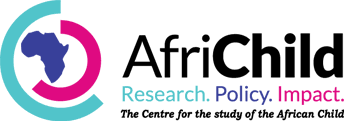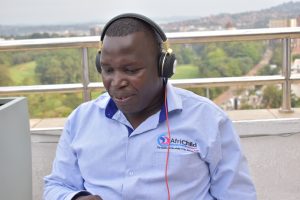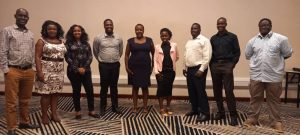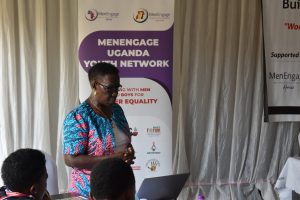In the run up to the 2016 general elections in Uganda, many children took to using dramas, songs and poems to express their views over priorities that government should address. Across the world, we have seen youth led movements advocating for change or support of a cause spring up. In March 2018, thousands of students in the United States took to the streets to demonstrate in support of tighter gun control in what has famously come to be known as: March for Our Lives. Such movements empower children and youth with courage and confidence to participate in the civic and democratic space to advance their agenda.

In Uganda, children constitute 56% of the population and yet are invisible in critical structures that affect their lives. They believe they are not valued by society and that they are seen as a burden rather than key stakeholders in their country and its future. This is illustrated by the way current cultures, systems and leadership are failing to include children, hear their views and be influenced by their experiences. Additionally, power relations between adults and children remain a key barrier to meaningful participation of children. In many countries, children are best seen as vulnerable and in need of protection, and at worst as the property of adults.
Children’s right to be heard is internationally recognized by the United Nations Convention on the Rights of the Child and the African Charter on the Rights and Welfare of the Child. Uganda ratified both laws in 1990 and 1994 respectively. These instruments provide for and accord children and young people the right to express their views freely in all matters affecting them. They also provide for these views to be given due weight in accordance with the child’s age, level of maturity and evolving capacity.
Children’s participation is crucial to ensure that governance is fit for children; their rights are not violated, that all stakeholders at different levels are held accountable to children for the provision of services and that every child is loved, protected and safe.

According to an article titled: ‘The role of children in reimagining democracy’ on https://www.civicus.org, societies cannot be considered truly democratic and participatory without meaningful opportunities for children, including the most marginalized and excluded groups of children.
“If we want to see children as peers and partners in civil society-led efforts to improve democratic spaces, we as adult-led civil society must open ourselves up to partnerships with children. We need to push for the creation of public and political environments where children’s voices are valued by adults,” the article partly reads.
It concludes that we need to question our internal values and acknowledge the wealth of experiences and insight that children have, and then progressively step back and let children take center stage, ensuring their safe participation.






